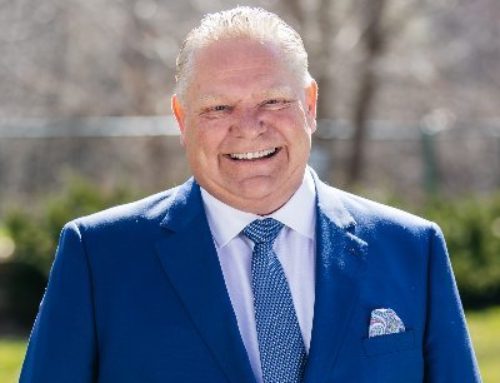Oswald Clark:
March for Life president Jeanne Mancini announced Oct. 13 that the theme of the 2023 march will center on moving into a post-Roe world by re-routing the event to pass Congress rather than the Supreme Court, acknowledging that the abortion issue is now primarily a political rather than legal issue.
The forthcoming March for Life will be the 50th anniversary of the first March for Life, which was organized by a group led by Nellie Gray in 1973 in response to the Supreme Court’s Roe v. Wade decision. It will be the first national pro-life march since the Supreme Court overturned Roe in its June 24 Dobbs decision.
Following the Dobbs decision in June, the March for Life organization noted that their event was founded to demand an end to injustice of the Roe v. Wade decision: “after 50 years, we have finally reached that goal – but the fight to end abortion in our country is not over.” In Mancini’s October speech, it outlined its vision for the future of the March for Life.
During remarks at the Washington-based Heritage Foundation think tank, Mancini said she hopes pro-lifers will come out in force to celebrate the legal victory of overturning Roe v. Wade and press Congress to pass a ban on abortion. “We must tirelessly build a culture of life on Capitol Hill, and advocate for the advancement of federal pro-life policies,” Mancini said. “But it doesn’t end there: we must also march in our state capitols, urging our state legislators to pass life-saving protections for the unborn.”
Mancini said, “I want to thank all of you who’ve marched over the years, all of you who have borne witness to the poorest of the poor, the most vulnerable, the unborn by marching on the Capitol, by marching to the Supreme Court,” to turn their attention now to Congress. She said to pro-life Americans, “Your testimony marching in Washington, D.C., shutting down this city every year for the largest annual human rights demonstration worldwide has borne fruit,” she said. “It’s absolutely borne fruit in the overturn of Roe.” She said, “This is a moment where our culture has been changed.”
Heritage Foundation president Kevin Roberts said in remarks during the same event that while “first and foremost, the fight does go to the states,” yet he said that does not take congressmen off the hook, saying they cannot “give up the fight in the imperial city of Washington, D.C.”
In June, Crisis magazine editor Eric Sammons argued that the March for Life held in Washington on the anniversary of Roe should be disbanded and the focus move to the state capitals on June 24, to mark the overturning of Roe, to energize local pro-life efforts. Sammons wrote it would be better to have “50 concurrent Marches throughout the nation, but all focused at the state level” because “that is where the abortion battle is now, and we need to start putting more and more pressure on our state representatives to pass abortions bans.”
Campaign Life Coalition national president Jeff Gunnarson, who has attended the March in Washington, told The Interim that there is no reason that American pro-lifers cannot do both: “A national march in January and state-level marches in June would provide a two-pronged witness to the importance of passing pro-life laws at the state level until national protection is established for all preborn children.”
The March for Life has, in fact, worked at both the national and state levels, holding marches for life in California, Pennsylvania, and Ohio since the Dobbs decision.




